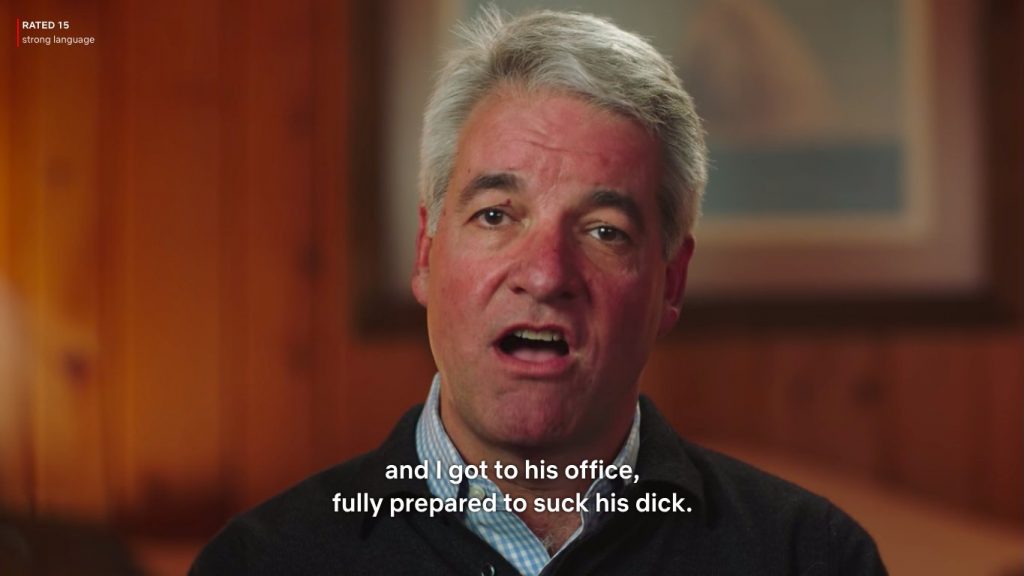Is Social Media making us lose Common sense?
On the 18thof January Netflix released its highly anticipated documentary Fyre Fest: The Greatest Party That Never Happened. It followed the planning and events leading up to the April 2017 disaster of Fyre Festival, a proposed 2-weekend luxury music festival being held in the Great Exuma island in the Bahamas. The event was organised by entrepreneur Billy McFarland and Rapper Ja Rule. Although the festival itself resulted in disaster, the organiser’s use of social media as a marketing tool is something to be praised and sums up the millennial generation extremely well. The festival promotion video was posted on the 12thof January and starred some of social medias biggest influencers such as Bella Hadid, Emily Ratajkowski and Chanel Iman. The video also had endorsements from influencers such as Kendall Jenner who was reportedly paid $250,000 to announce the ticket sales over a single Instagram post. As a result of this 95% of tickets being sold in 48 hours.
The documentary itself provides not only information about the festival but also an insight into the frantic events behind the flawless marketing campaign. Within the documentary we see organisers such as Marc Weinstein and Andy King give their accounts of McFarland refusing to pull the plug on the festival and push them to their limits to make it happen. Weinstein (at 51:05) recounts sending a final warning to McFarland 1 day before festival stating that festival goers turning up to the island with nowhere to stay, nothing to eat and no way to get home would be much worse than any cancellation blowback. This fell on death ears as McFarland seemed to be so afraid of the social media backlash that he ordered staff to delete all negative comments that Fyre was getting about the lack of organisation pre-festival. McFarland is a good example of someone who indulges in social media to the point of losing grip of the real world which evidently landed him in debt and in jail. He wanted to keep up with the hype that the promo video had created on social media so deperately that he disregarded the real world consequences of his actions.

Within this documentary, many questions are raised such as who is to blame for enabling this to happen beyond McFarlen? Whom do we feel most sorry for nearly two years on? Can it be said that the current social media generation, millennials if you will, fear online confrontation more than they fear real-life consequences? Social media enabled Fyre to sell a vision of what people wanted, to live the lives of the influencers they follow in one weekend and put up a facade of luxury that in actual fact didn’t exist. Although we may see this as a radical instance this is what occurs on social media on a daily basis. Influencers are constantly selling us a lifestyle, convincing us that we can live the way they do if we puchase the items they have. As a result of the rise of influencers on the 23rd of January the CMA released a new guide for influencers titled “Social Media: Being transparent with your followers” which states the rules in which influencers must follow when posting sponsored material in order to give those viewing their content the most informed idea of what they are buying.This has been well overdue.
However, we cannot blame social media as a whole. If Fyre has taught us anything it is that we must take responsibility for ourselves and understand that people choose what they want you to see and in no case, should we assume that what we are seeing is the full picture? We live in a time where a dog has more followers and gets paid more than a doctor for simply existing and somehow we will be convinced to buy a £12.99 stuffed animal from that dog because of a cute picture. Therefore, as consumers it can be damaging to indulge in a world of followers and lighting rather than taking it for face value, appreciating aesthetics, closing the app and going outside rather than paying 99p to see who unfollowed you because realistically what does that add to your existence? You have no idea who they are and will probably never meet them.
In this instance who do we feel sorry for? Personally, I cannot bring myself to feel sorry for the influencers who spent house deposits to see Major Lazer on a (rather obviously) photoshopped island. I
The documentary can be found on Netflix


